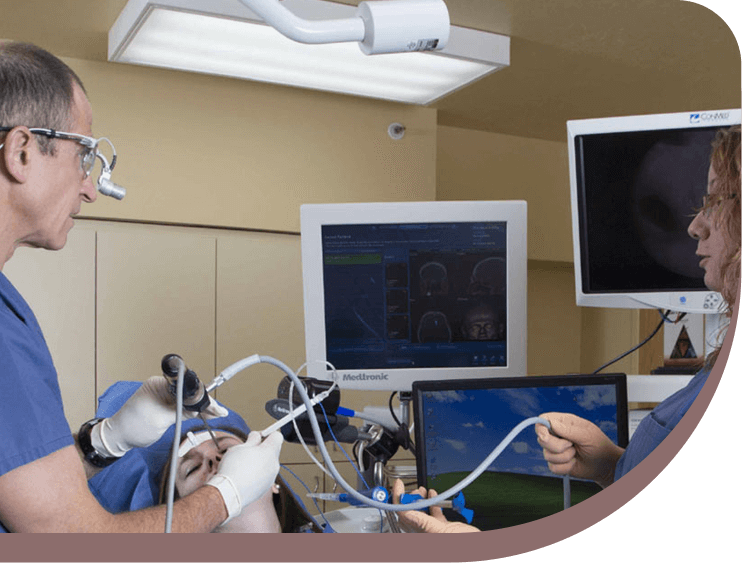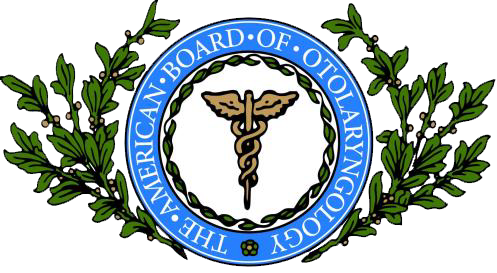
Sinus Cancer
Sinus Cancer – About
Nasal and sinus tumors can be benign (harmless) or cancerous tumors that take place in the nose or sinus region.
It is quite rare to have cancerous nasal cavity or sinus tumors, roughly 2,000 get diagnosed in the United States annually, and the tumors differ greatly in type, size, and location. 60 to 70 percent of these tumors occur in the maxillary sinus, while only 20 to 30 percent occur in the nasal cavity region and 10 to 15 percent are in located in the ethmoid sinuses. The last percentage is for cancer in the sphenoid or frontal sinuses area. This type is extremely uncommon. This caner only accounts for 5 percent of such cancers.
The root causes of sinus and nasal cancers are not quite known. It is known that men have a higher risk of developing nasal and sinus cancer than women. Nasal and sinus cancers are more frequent in people who come in contact with or inhale particular chemicals, like nickel, chromium, or formaldehyde for many years. Other influences, like smoking, can also increase the chance of developing different types of nasal and sinus cancers.
Surgery is the most common treatment method used to handle nasal and sinus cancers. Radiation therapy and chemotherapy may be given prior to the procedure to shrink a tumor that may be large. Often times they are given after you have had surgery to lower the risk of the cancer making a return.
Sinus Cancer – Diagnosis
Typically, nasal cavity and paranasal sinus cancers are discovered because of signs or symptoms an individual is experiencing. If your doctor believes you might have some sort of cancer of the nasal cavity or paranasal sinuses, you will be recommended to an otolaryngologist (a doctor who has specialized training in diseases regarding the ear, nose, and throat; otherwise known as an ENT doctor), who will take a more thorough examination of your nasal passages as well as the remainder of your neck and head area. The ENT doctor will record a complete medical history from you and inspect your neck, head, sinus and nasal regions (looking inside the nose with a small scope called an endoscope). If there is any indication of a tumor (mass or growth) being present, imaging studies are conducted and may include MRI scan, CT scan, and in certain circumstances PET-CT scan.
If a tumor is discovered on imaging then usually a biopsy is conducted to establish precisely what sort of growth is present in the body. A biopsy is a procedure that involves taking a little sample of the suspicious tissue. A biopsy can be completed either in the clinic or the operating room depending on the scenario. A biopsy is critical to deciphering exactly what type of tumor or cancer is existent and whether it is cancerous or benign (harmless). There are a multiple different types of sinus and nasal tumors and many are treated in different ways.
Sinus Cancer – Treatment
In developing a treatment plan for you, the most critical factors to consider are the kind, location, and extent of the cancer or tumor. Your cancer care team will take into consideration your general state of health and your personal preferences. Treatment for nasal cavity or paranasal sinus cancer may include:
- Radiation Therapy
- Targeted Therapy
- Surgery
- Chemotherapy
- Palliative treatment
Multiple treatment plans may be used by themselves or in conjunction with others. For early stage cancer, surgery may be all that is necessary. For more extensive cancers, other treatments such as, chemotherapy, radiation therapy, or targeted therapy may be required in combination with or instead of surgery. Based on the treatment options that were developed for you, you may have different kinds of doctors on your cancer treatment team (often called a multi-disciplinary team). These doctors may include:
- An otolaryngologist: a doctor who specializes in particular diseases of the head and neck (otherwise known as an ear, nose, and throat, or ENT doctor)
- A neurosurgeon: a doctor who has specialized training in surgery on the spine, brain, and other regions of the nervous system.
- A radiation oncologist: a doctor who treats cancer with radiation therapy.
- A medical oncologist: a doctor who treats cancer with medicines such as chemotherapy.
Many other doctors may be intertwined in your care, including nurses, nutrition specialists, social workers, nurse practitioners, social workers, and other health care professionals

Conditions Treated
Follow us


Your Health Starts Here
"*" indicates required fields
